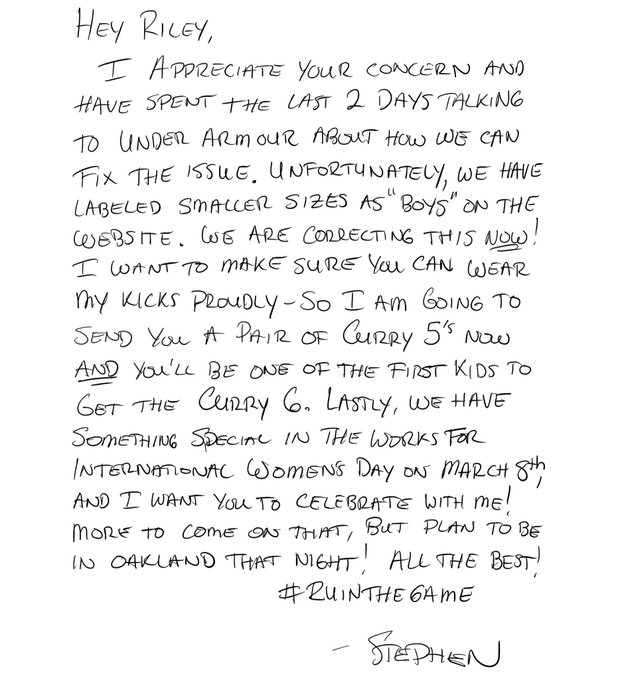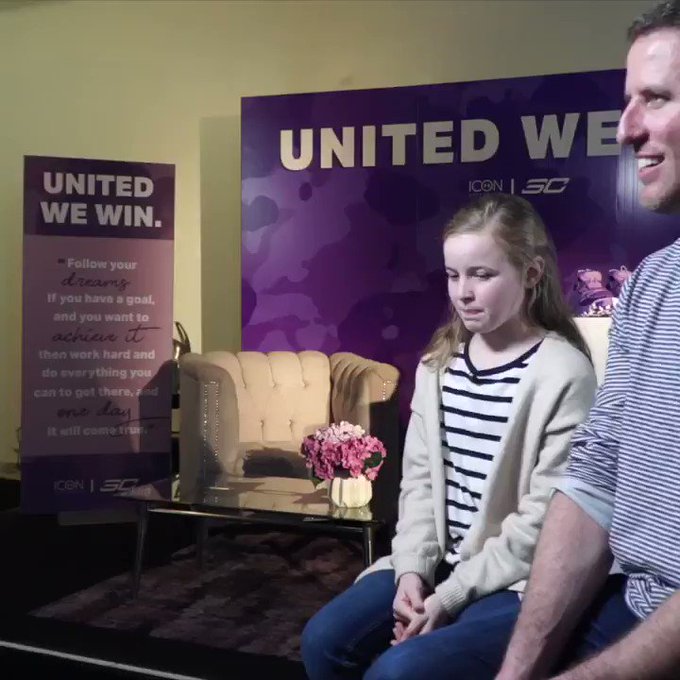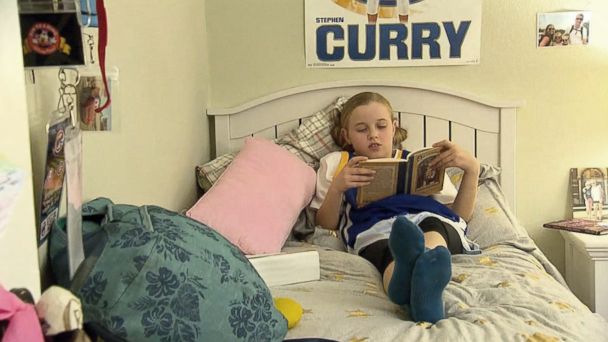When a Pharmacist has a burning passion for women and children, committed to giving hope to the hopeless, and lending her voice to the voiceless, she deserves to be celebrated. Tobore reflects what humanity should look like.
Tobore Anne Emorhokpor is the founder of Nigerian Child Protection Trust and the convener of the End Child Sexual Group. She is a leading voice in the women and child development sector.
The Cardiff University Alumni also did a virtual leadership principles course at Harvard Business school. Tobore is driven by personal development and self-improvement, and she has emerged as a credible voice armed with a passion for getting justice for the oppressed. She loves to go beyond people’s expectations and delight them.
She is renowned for her unique style of blended mentoring, empathy and speaking up for the oppressed through her various social media channels. Her inspirational leadership, empathy and benevolence makes it easy for women and children to have a connection with her. She wants a Nigeria where women are empowered to look after themselves and their children.
She detests children being used and abused for child labour and wants a great reduction in sexual abuse and rape of women and minors.
The testament to her impact is the media mentions she has gotten for her humanitarian work and her Right Livelihood Award for outstanding role in reducing hunger, inequality and improving sustainability.
Tobore is happily married with kids. She shares her inspiring story in this interview exclusively with Esther Ijewere.
Childhood Influence
Growing up, I witnessed the effects of abuse and cheating around me. Domestic abuse has a negative impact on children. That is why I get really upset when women say they stay for the sake of their children. This is a myth not reality.
They stay for themselves because the children suffer more in such situations. Your children cannot be happy if you are not happy. I love children dearly. I am passionate about children. I love carrying babies and playing with children. They make me so happy. I remember one time our driver beat up his 3-year-old son badly. I was so enraged. I asked my Father to deal with him. I knew I had to fight for these children that could not fight for themselves.
Inspiration behind my organisation; Nigerian child protection trust and End child sexual group
I was coming across a lot of sad posts on Facebook about children being defiled and nothing being done about it. I eventually decided to do something. I wasn’t sure how or what I was going to do as I currently live in the UK, but I wanted to start with what I had, so I started a group on Facebook. I asked friends if they would like to join, and they did. That is how we started ‘End child sexual abuse in Nigeria’.
I would post stories of cases, some educational posts on how to protect your child and other requests for help. I also used my personal wall to ask for help. I then decided that I could act as a signpost for people.
Wherever there is a problem in Nigeria, I will find the closest Human rights officer, NGO, or Government Organisation to help. I was not going to change the world and make as much change as I could. I wanted to become the voice for these children.
Being a Pharmacist by profession, and the impact on my advocacy for women and children
I started off as a pharmacist and practised in the UK and Nigeria, then I decided to branch into Human Resources. I currently work as a Workforce Planning Lead. I enjoy planning and putting in processes. This helps me in how I deal with the cases that I work on. I speak with each person to find out what they currently do, how they got into the situation they are in, and how they can get out. It’s not a pity party but a way to plan their way out of their problems. I feel very proud when women I have helped turn around and help others up. I am very proud of the women I have helped.
The journey since I started my Organisation
The journey has been tough but very rewarding. When women come to me for help, I would ask what they can do and try to start up small businesses for them so they can be self-sufficient. Some people just want someone to talk to. I spend time chatting with them to understand the situation and give the best advice I can. I am so happy with what we have achieved together in such a short time. I didn’t know what I would really be doing but my social media pages have brought succour to many and I thank God for that.
The spike in cases of domestic violence and rape since the beginning of the pandemic
In the past, abusers would go to work or to school and leave the home environment and return at the end of the day. Due to the lockdown, there was no room for escape. Emotions were heightened. People lost jobs and hardship increased. This added stress to an already burning pot and resulted in a huge increase in the number of cases of violence. Poverty breeds ignorance.
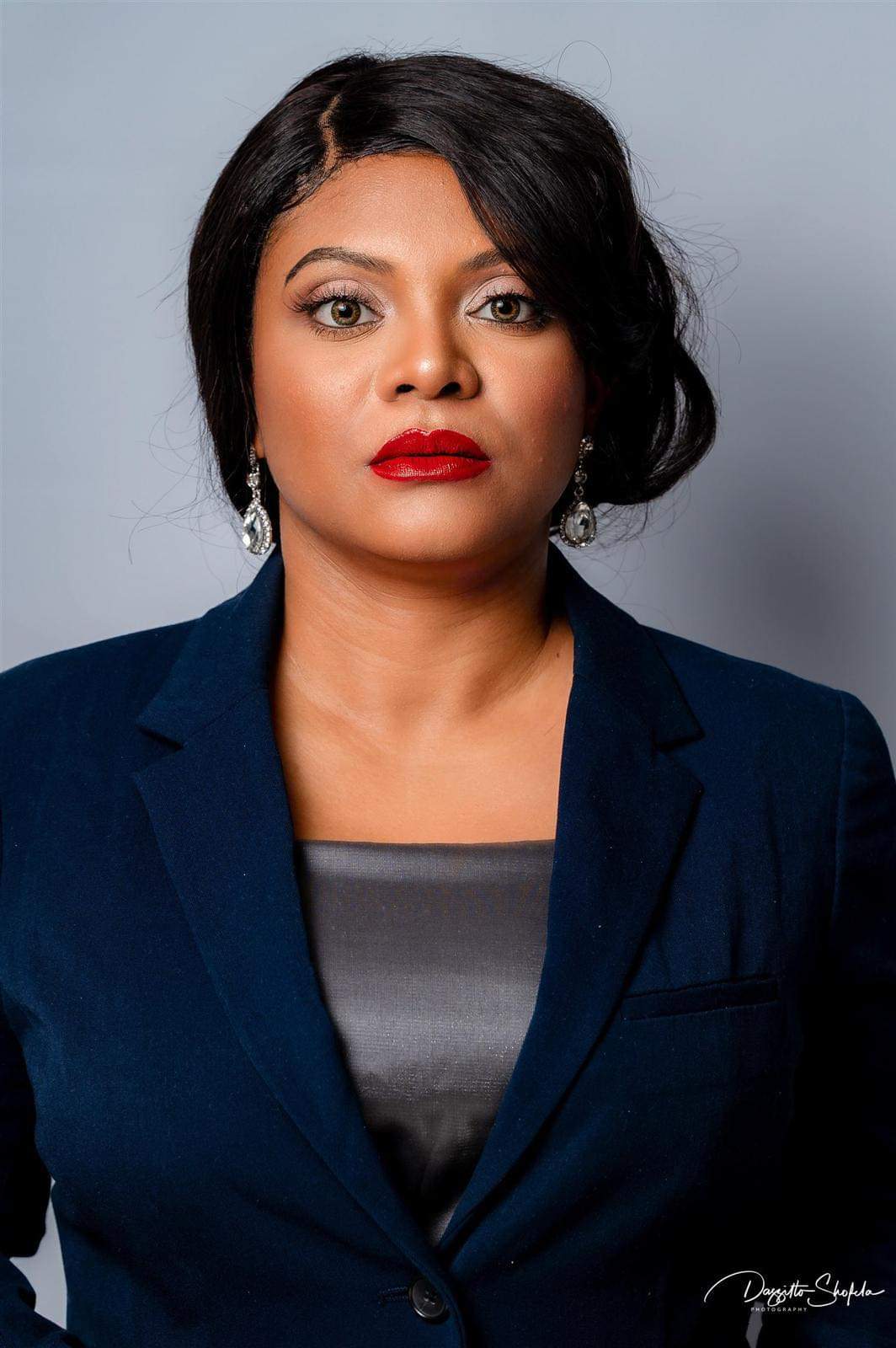
Challenges of being a women’s advocate
The people I am trying to help sometimes lie and try to scam me. One of these women showed me a prescription and lied that she needed to buy the medications on it for 3 weeks for her baby.
Unfortunately for her, I know how to read a prescription and I told her no Doctor would tell her to do that. She started stuttering and saying it’s the hospital. I was scammed by another lady who got people to act and do videos requesting help as a trick to get money from me and other unsuspecting kind-hearted people.
We also have the Police who sometimes take bribes and let culprits go. We then have to use social media to call them out to get them to do the right thing. Victims and their families are sometimes scared about reporting crimes and refuse for us to help them seek justice when they have been harmed or wronged.
I have had a few cases where people tell me about situations of abuse then grow cold feet and refuse to go further. No matter how I try to encourage them to tell the truth and speak out, fear of being known as the whistle blower does not allow them to help victims.
There is a man who lures boys with gifts and passes them about in a paedophile ring. The sister of one of the boys approached me for help then later recanted because her parents told her to ‘leave it to God’. Another person contacted me about a school in Lagos where the Principal rapes young girls in his care but then refused to give me proof when they realised the school might be involved in the case.
Other projects and activities
When covid first struck, there were a lot of families that were left without any food and money. The first post I made was to ask ‘who has 5k to spare for a family in need’. People responded and I paired givers with recipients. Others saw what I was doing, and the finances poured in.
We bought bags of rice and shared them out to people in Warri, Port Harcourt and Ilorin. I used my Facebook wall to raise money to pay rent, start up small businesses for the women so they can renew the next year’s rent. We paid for surgeries, medicines, school fees and everything else in between.
I have posted job adverts so people can get jobs and a few kind people have offered free sewing courses and other types of training for people on my wall for free or for a little sum.
We paid for a few caesarean sections and have helped pay the bills for women who have ended up as hostages in hospitals as they were unable to pay their huge medical bills. I remember when I was called about a woman whose baby had died inside her and was rotting and there was no money to pay a deposit to do the emergency c-section. I put it on my wall and within half an hour we had raised the deposit to start the surgery.
We ended up raising over 500,000 Naira for her medical treatment which lasted a while.
What I enjoy about my job
I enjoy helping people. That is what makes me happy. I like seeing everyone around me happy and smiling. In every job I have done, that is what has kept me satisfied and motivated.
3 women who inspire me and why
First, my Mum; She has worked hard and tirelessly to give us a good life. She is the most hard working and innovative woman I know. She is dogged and never gives up.
Defunke Adewumi – She has a heart for women and children. I saw the love, care and humility in her post and knew I must be her friend. She has supported me in many ways and continues to be a beacon for women and children in Nigeria.
Michelle Obama – A Queen!
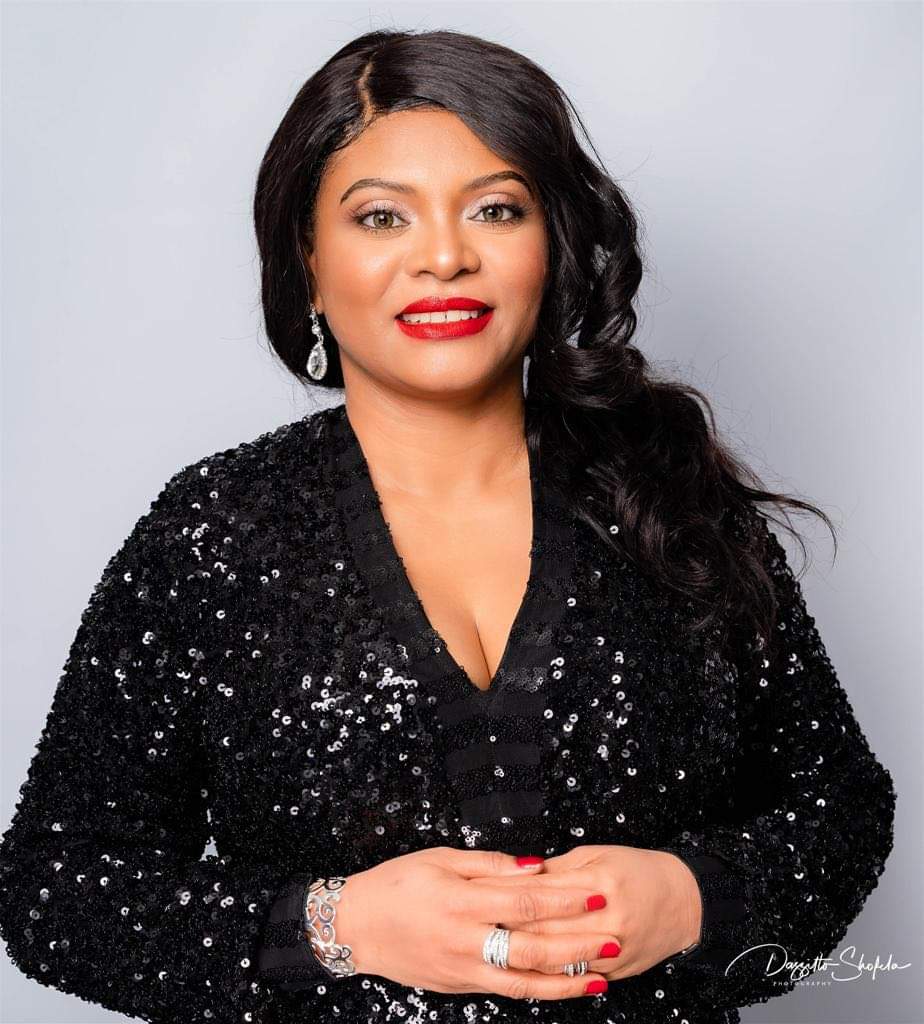
The Nigerian Government and it’s support for the Gender Based Violence sector
So far, I have seen that Lagos state has taken the fight against rape seriously. I believe all other states need to follow suit. There should be special Police Officers trained on how to handle such cases and special courts to fast track such cases through.
There needs to be adequate shelters to house victims and survivors. There should also be programmes put together to help them recover psychologically and help them start up business or get jobs and reintegrate into society. All states need to adopt the Child Rights Act and make sure children are protected from exploitation either sexually or via labour. Every child has a right to good education and a good life free from abuse.
Work life balance
It is quite difficult, and I have to keep reminding myself I cannot do it all. The requests for help are more than I can handle, and each one rips through the heart chords. It is especially sad for me each time I turn some people away, but I have to do so. I try to get some time to myself, and I also work on spending lots of time with my children. They are quite young and need a lot of my time right now. I try to maintain a good balance.
One thing I wish I could change in the Gender Based Violence Sector
There needs to be a budget to support women and children who are victims of all forms of abuse. Shelters should be built to house them while working on helping them to integrate back into society. Children who are found to be child labourers in homes, can be taken away and given better lives rather than waiting for them to be abused and degraded by their mean bosses. Their only crime is being born into poverty.
Receiving the right livelihood award in 2021 for reducing hunger
I was excited and grateful for being recognized. The work is done out of love, but it is nice to know my peers see it as something commendable.
Being a woman of Rubies
I am a woman using my abilities to help make a change and impact the world around me.
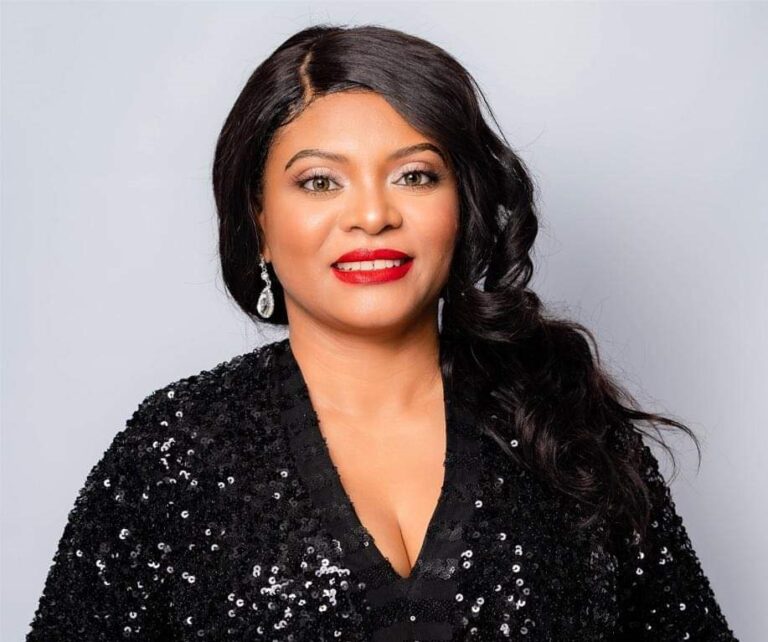
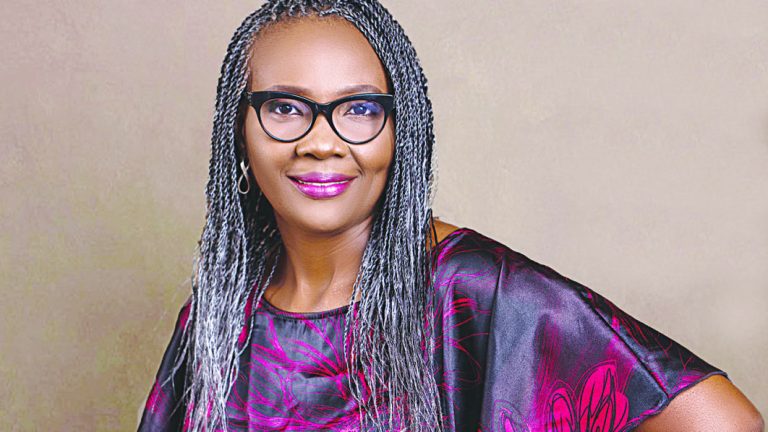

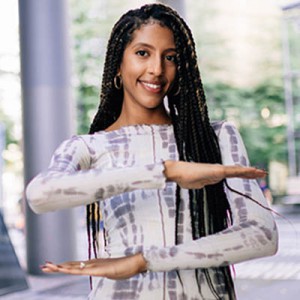
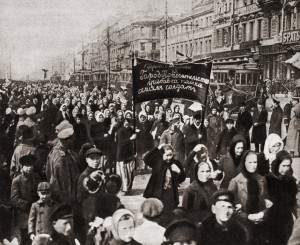
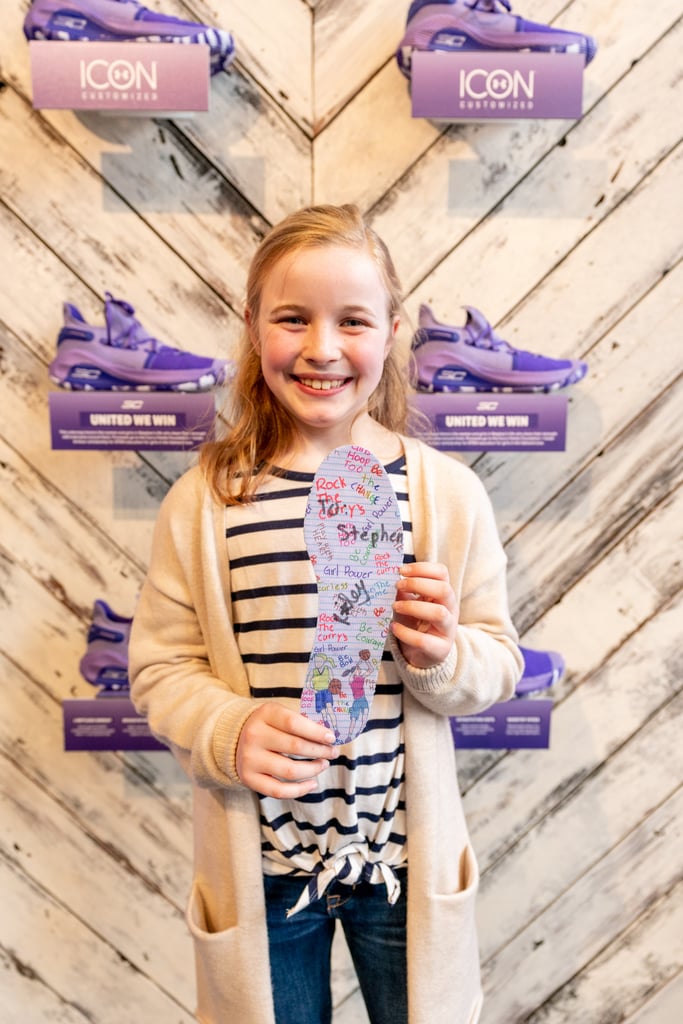
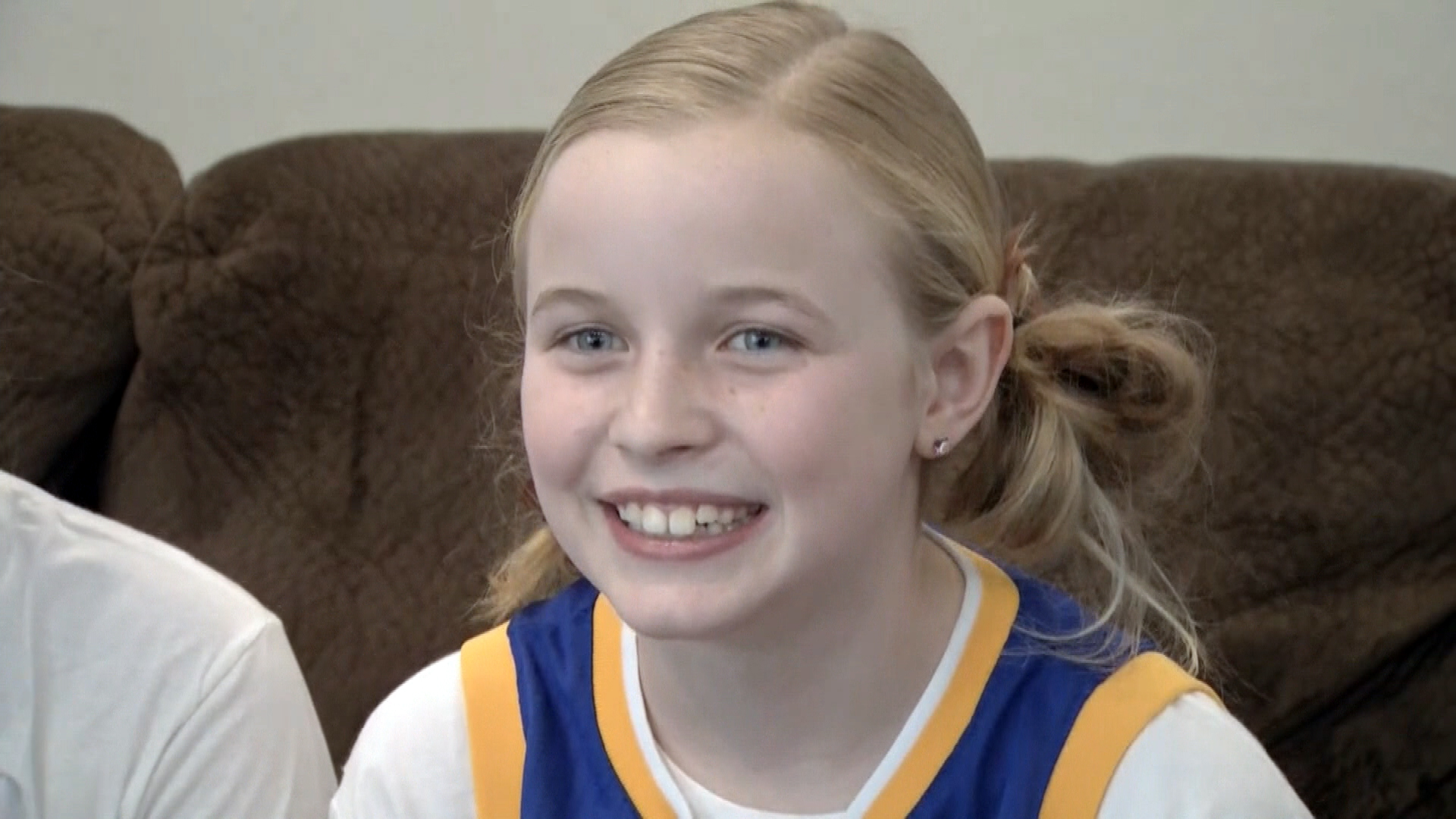 Riley Morrison is just 9 years old and she’s changing the game for female athletes. In November, the young girl wrote a letter to three-time NBA champion Stephen Curry expressing her concern over the lack of girls’ sizes in his Under Armour kids‘ basketball sneakers.
Riley Morrison is just 9 years old and she’s changing the game for female athletes. In November, the young girl wrote a letter to three-time NBA champion Stephen Curry expressing her concern over the lack of girls’ sizes in his Under Armour kids‘ basketball sneakers.